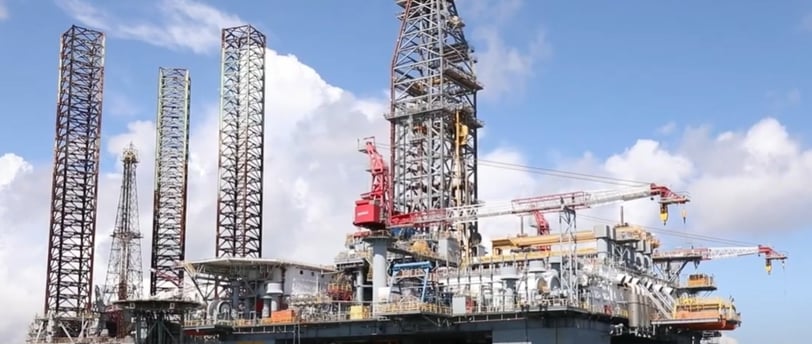🌊 Dive into Ocean Engineering: A Career that Combines Tech, Sea & Innovation
Ocean Engineering is the future of innovation beneath the waves! This blog explores what ocean engineering really is, its exciting job opportunities across offshore energy, robotics, and environmental protection, and how you can turn your passion for the sea into a high-impact career. Whether you're a student, a curious learner, or planning your next career move — dive in and explore the possibilities!
#सरकारी नौकरी
6/30/20251 min read


Have you ever imagined building machines that work miles beneath the ocean? Or designing offshore structures that survive tsunamis? Ocean Engineering makes all of that possible — it’s one of the most fascinating and impactful branches of engineering today.
🌐 What is Ocean Engineering?
Ocean Engineering is a multidisciplinary field that applies engineering principles to the marine environment. It includes the design, development, and maintenance of:
Offshore structures (like oil platforms, wind turbines)
Underwater robotics and vehicles (like submarines and AUVs)
Coastal infrastructure (like ports, harbors, and breakwaters)
Marine renewable energy systems
Environmental monitoring tools for oceans and coasts
Ocean engineers must consider harsh marine conditions — pressure, corrosion, waves, currents — and design systems that last in some of the most extreme environments on Earth.
💼 Job Opportunity Areas in Ocean Engineering
Ocean engineers are in demand across industries, especially as climate change, sustainability, and offshore technology grow more critical. Here are key sectors:
1. 🛢 Offshore Oil & Gas
Design and maintenance of oil rigs and pipelines
Stability analysis of floating production systems
Subsea production equipment
2. 🌬 Marine Renewable Energy
Offshore wind farms (floating and fixed)
Wave and tidal energy conversion systems
Grid integration from offshore platforms
3. 🧠 Autonomous Systems & Robotics
AUVs and ROVs used in seabed mapping, exploration, and surveillance
Marine sensor networks and data transmission systems
4. 🌊 Coastal & Environmental Engineering
Protection of coastlines from erosion and flooding
Design of ports, harbors, and sea walls
Oil spill containment systems and underwater environmental monitoring
5. ⚓ Naval Architecture & Shipbuilding
Hull design and hydrodynamics
Military submarine and surface vessel development